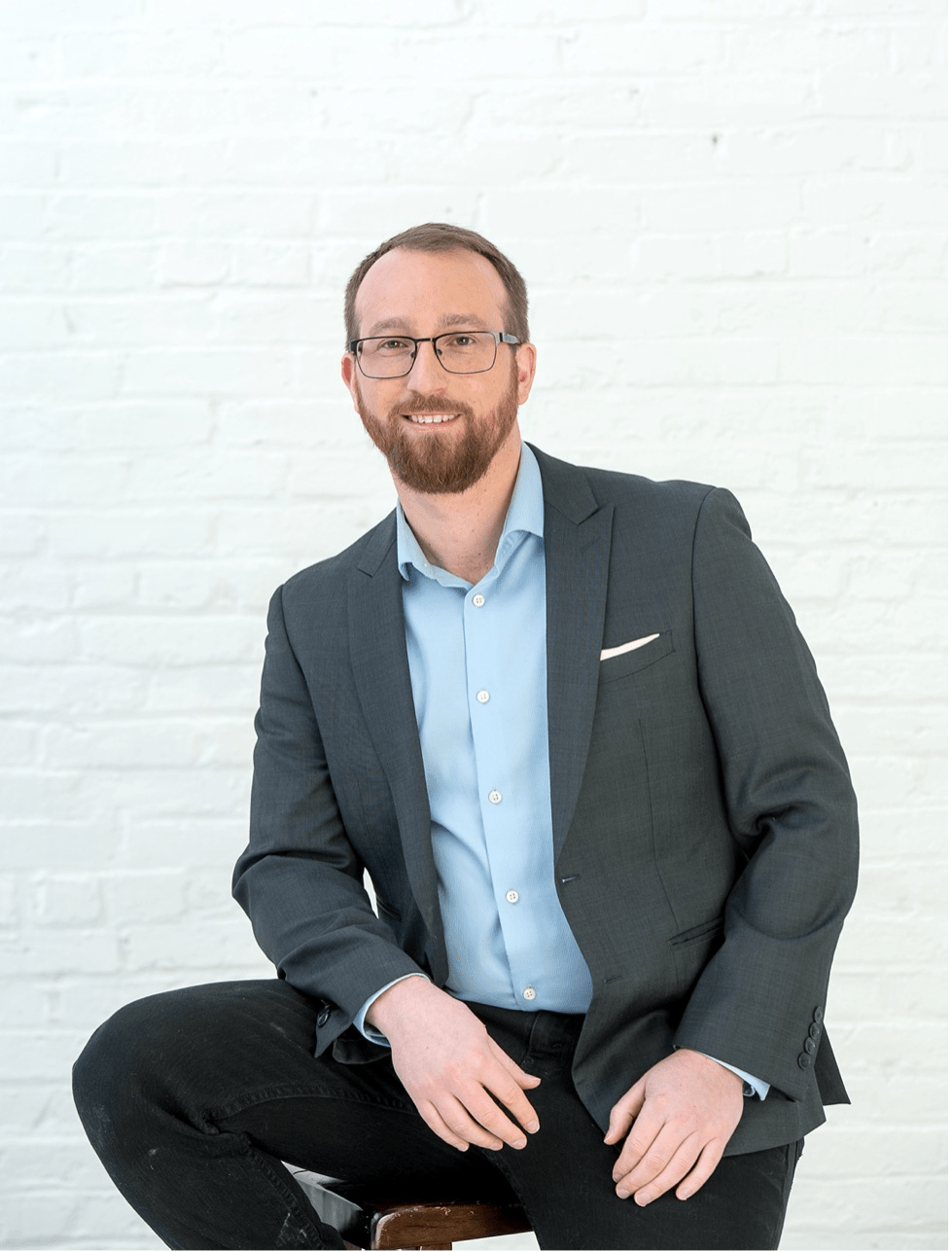
Over the past few years, COVID has brought to light something that we have known is important, but not had very much direct experience with: loss of smell. The large group of people experiencing Anosmia and Hyposmia has grown significantly. This change has brought the power of smell to the forefront of the everyday person and heightened additional researchers to understand the why and the effects of loss of smell.
Leading experts have been quoted saying that compared to a decade ago, the ecosystem of people working on scent has grown, as has the diverse ways in which olfaction is being studied. Case in point: these 8 scent experts featured below are pioneering the industry, and across very different focus areas. But also, the interest and growth in the industry is so new that even as we were working on this very article, we drew insights from articles published in the last few weeks.
Olfactory Research Experts: Richard Axel and Linda Buck
The earliest pioneers in scent research, Linda Buck and Richard Axel discovered in 1991 how hundreds of genes in our DNA code for the odorant sensors located in the olfactory sensory neurons in our noses. Each receptor changes when an odor attaches itself to the receptor, which then sends a signal to the brain. Buck has a PhD in immunology and Axel is a MD. The duo won the Nobel Prize in Physiology or Medicine in 2004 for their discovery.
Olfactory Research Expert Rachel Herz
With a PhD in neuroscience, Rachel Herz is a leading expert on how our sense of smell affects our emotions, cognition, and behavior. She’s authored hundreds of scientific journal articles, as well as a few books. Her most recent book was published in 2018: Why You Eat What You Eat: The Science Behind Our Relationship with Food. Herz is also on OVR’s board of advisors.
Olfactory Research Expert: Andreas Keller
Author of Philosophy of Olfactory Perception, Keller’s most recent project is founding the country’s first and only art gallery devoted exclusively to smell-based art—Olfactory Art Keller. Why? As Keller told Smithsonian Magazine, “When you are asked to smell art, you realize how impoverished your perception of the world is when you limit yourself to the visual.” His research has mainly focused on why people perceive the same odors differently. In 2014, Keller co-authored a paper estimating that humans can distinguish at least a trillion distinct smells.
Olfactory Research Expert: Alex Wiltschko
A longtime Google employee (first with Google AI, now as an entrepreneur-in-residence at GV), Alex Wiltschko’s professional goal is to digitize scent. He has likened this power to computers’ ability to see and hear—he also wants them to be able to smell. With a PhD in Neuroscience, Wiltschko has said that in digitizing scent, he wants to find a way to sniff out diseases so we can detect them earlier than we currently can. His work shows promise: a draft paper was recently posted (and reported on in Scientific American) that suggests a type of AI can predict how a human will perceive scent molecules.
Olfactory Research Experts at the Monell Center: Joel Mainland, Pamela Dalton, and Nancy Rawson
The Monell Center is an independent institute dedicated to research on the senses of taste and smell. Its roster is full of world-class scientists and there are three in particular at the forefront of olfactory research: Joel Mainland, Pamela Dalton, and Nancy Rawson.
One of Joel Mainland’s most recent studies was designed to discover how our sense of smell differs from other cultures in other parts of the world. In this particular case, his team looked at Asian versus American markets. They expected to discover a fundamental difference in smell perception but were surprised to instead find there isn’t that much difference after all.
Pamela Dalton's research focuses on how our emotions and cognitive processes affect the way that we experience smell, and vice-a-versa—how scent affects our memories and feelings. She also is the researcher who identified the worst smell in the world.
Nancy Rawson is Acting Director and President of Monell. She started her career in nutrition and then became a cell biologist so she could understand what’s happening as it pertains to taste and smell at the cellular level.
Generally speaking, our scientific grasp of how smell works still pales in comparison to our knowledge of hearing and vision. But we’re pleased to see it is (finally) growing exponentially.





